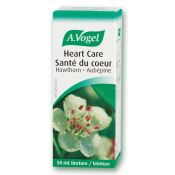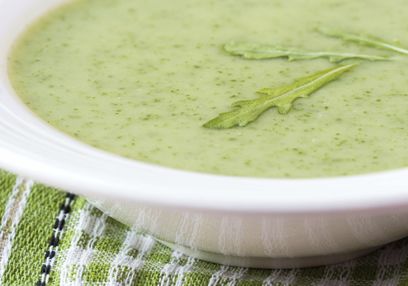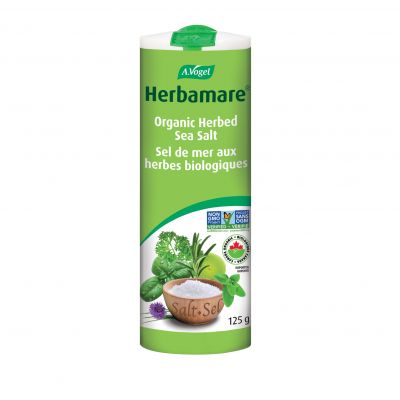How exactly does one define exercise?
The Merriam-Webster dictionary defines exercise as, "bodily exertion for the sake of developing and maintaining physical fitness". This leaves an activity that would count as exercise open to a large interpretation. Another aspect to consider is your anaerobic threshold which we'll discuss later.
What changes occur in the body when you engage in high intensity exercise?
- Blood pressure – during exercise, your blood pressure increases as blood vessels constrict. This circulates important nutrients through the body at a higher rate and quickly removes the waste products from the active muscles.
- Heart rate – the heart rate increases to also help circulate blood through the body at a more rapid pace.
- Breathing rate – your breathing rate increases to match the demands of the body including the delivery of nutrients to the tissues and the removal of waste products to be exhaled.
- Digestion – when you engage the heart and lungs in such a capacity, the body likes to be efficient and diverts blood away from non-essential functions such as digestion to fuel the muscles, heart, and lungs.
Exercises are good but too much can put the heart at risk, why?
Exceeding your maximum heart rate places a significant strain on the cardiac tissue. While this isn't a bad thing if it's occurring once in a blue moon, chronically exceeding that value can cause long-term damage.
Low intensity exercise is defined by something known as the aerobic threshold which, depending on what research you read, averages around 70% of your maximum heart rate. As you begin to exceed this value, you begin to utilize the storage form of carbohydrates known as glycogen. This also places you into a higher exercise category which is when you surpass the anaerobic threshold, a point at which energy production pathways switch in order to keep up with the demand of the exercise you're performing.
The Copenhagen City Heart Study saw 17,589 joggers recruited, between the ages of 20 and 98, to determine if after others factors are controlled, whether or not jogging conveyed a benefit to longevity. A 35-year follow-up saw fewer deaths amongst joggers than amongst non-joggers, but the research didn't stop there. The scientists were then curious as to whether the intensity of jogging made any impact on all-cause mortality. In an interesting turn of events, the data showed a u-shape with sedentary non-joggers or light joggers finding little benefit, moderate joggers having the lowest risk, and strenuous joggers have a higher risk than moderate.
Another important large-scale study was the CARDIA study (Coronary Artery Risk Development in Young Adults) which determined that those who exercised the most were 27% more likely to develop coronary artery calcification than those who exercised moderately. Other studies conducted in Germany and Sweden demonstrated that those who performed more than 5 hours of strenuous activity for more than 5 hours per week were 19% more likely to develop an irregular heartbeat as opposed to moderate exercise which made this cohort 13% less likely to develop the change.
Is it the same incidence in men and women?
According to the research referenced in this article, there were non-significant differences between men and women.
What is the minimum amount of physical activity that we need each week to live a longer and healthier life?
The Canadian Society for Exercise Physiology helps set the guidelines for optimal health in Canada, achieved through evidence-based recommendations. The guidelines are for all individuals, with knowledge that accommodations would need to be considered if there were conditions or mobility issues that made these values more difficult to achieve. For an adult aged 18-64, it is recommended that 150 minutes of moderate- to vigorous-intensity activity be achieved in sessions lasting 10 minutes or longer.
Are there any other approaches I should consider for the sake of my heart?
Stop exercising. Just kidding, but in all seriousness, it's important to listen to the cues of the body. If you feel your heart beating to the point where you begin to experience chest pain and difficulties breathing, this may be an indicator to switch to a moderate exercise. It's always best to have a discussion with your primary care provider before starting new exercises. They can help you determine which forms of exercise would be most appropriate four your current condition.
Sometimes the heart needs a bit of a helping hand though. Hawthorn berries (Crataegus spp.) have been shown to have beneficial effects in adults with hypertension, reducing systolic blood pressure by about 13 points, and diastolic by 8 points. In those with abnormal left ventricular ejection fraction, the herb reduced the risk for sudden cardiac death by 39.7% after two years. In another study, cyclists could tolerate an elevated maximum workload relative to before taking the herbal extract and researchers found a reduction in heart failure symptoms. Tinctures such as Heart Care contain approximately 233mg of fresh berry and can help tonify the heart to handle periods of strenuous exercise.
Taking a low and slow approach to a new exercise is a beneficial way to keep your heart healthy. This permits you the time to ensure you have the proper form before moving up to a higher intensity, avoiding muscle strains and sprains along the way.
References
https://www.cardia.dopm.uab.edu
http://csep.ca/CMFiles/Guidelines/CSEP_PAGuidelines_0-65plus_en.pdf
https://www.ema.europa.eu/en/documents/herbal-report/final-assessment-report-crataegus-spp-folium-cum-flore_en.pdf
https://heart.bmj.com/content/100/13/1037
https://www.ncbi.nlm.nih.gov/pmc/articles/PMC99308/
https://www.ncbi.nlm.nih.gov/pubmed/15917014
https://www.ncbi.nlm.nih.gov/pubmed/18525378
https://www.ncbi.nlm.nih.gov/pubmed/24829374
https://www.ncbi.nlm.nih.gov/pubmed/25660917







